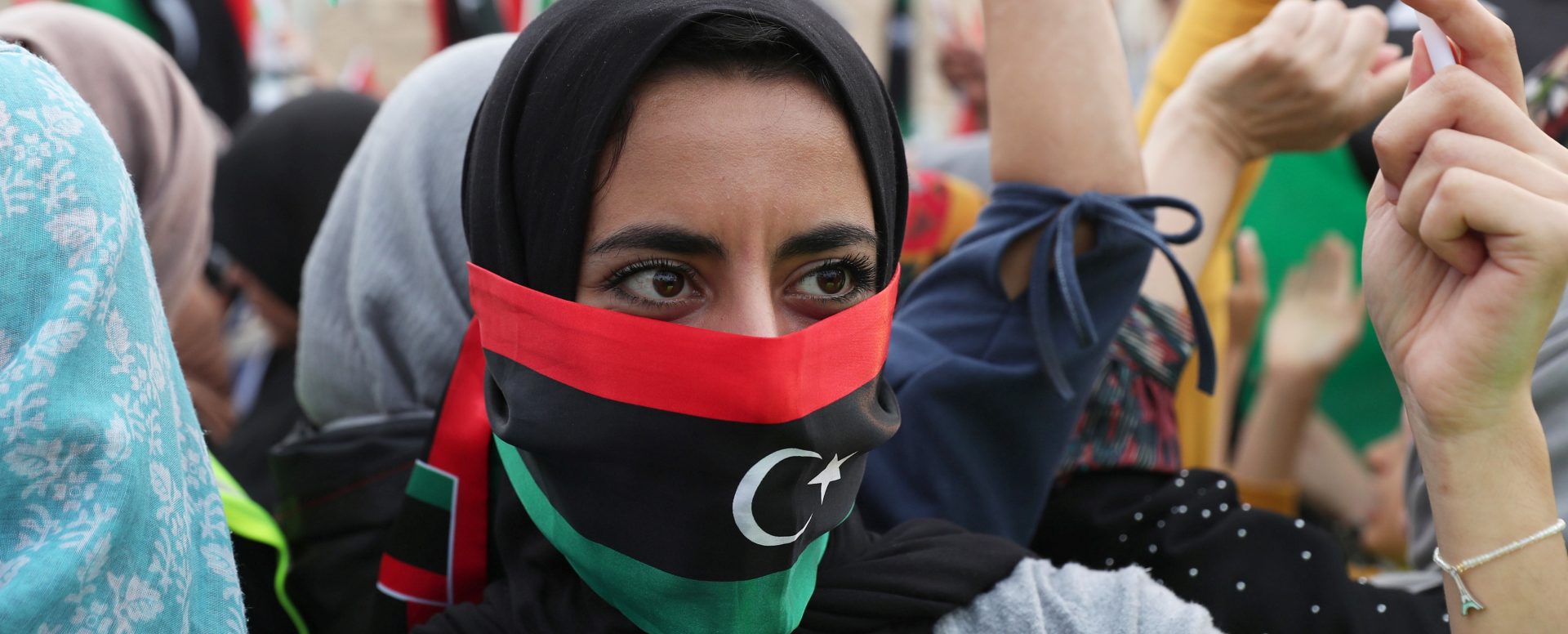
Libya’s stability is “increasingly at risk” due to deep political divisions, economic mismanagement, and human rights violations, a senior UN official warned Monday. Rosemary DiCarlo, UN Political Affairs chief, told the UN Security Council that “entrenched divisions, economic mismanagement, continued human rights violations, and competing domestic and external interests continue to erode Libya’s unity and stability.”
Libya remains deeply divided, with competing claims to legitimacy by various factions and a lack of consensus on a unified government. Disputes over the electoral process and the control of resources further exacerbate the political deadlock. The mismanagement of oil revenues, coupled with widespread corruption, has crippled the Libyan economy and deprived the Libyan people of essential services.
Human rights violations continue to be a serious concern. Migrants face appalling abuses, including arbitrary detention, forced labor, and even death. Accountability for past crimes remains elusive, hindering efforts at national reconciliation.
DiCarlo called for urgent reforms to Libya’s justice system and highlighted the “alarming and tragic discovery of mass graves following raids on human trafficking sites.” She also urged international support for the newly appointed UN Special Representative Hanna Tetteh.
The UN official’s warning underscores the urgent need for a comprehensive and sustainable solution to Libya’s challenges. This includes addressing the political deadlock, promoting economic recovery, and ensuring respect for human rights and the rule of law. The Libyan people deserve a future free from violence, instability, and human rights abuses.”
